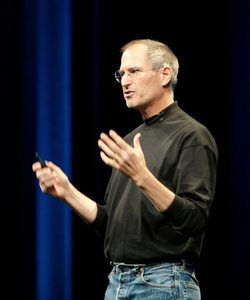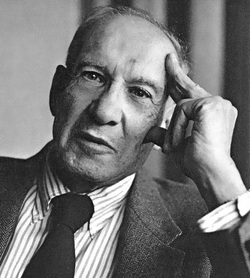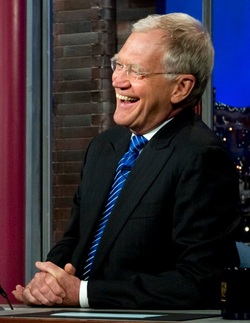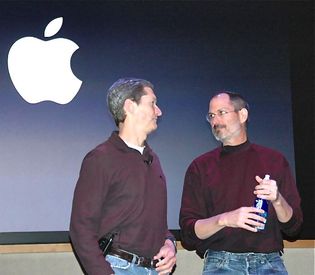
Lifelong learning is essential to grow as a leader. It would seem that a habit of reading books would be important to that growth. In a blog written over five years ago, Wayne Hulbert made that argument. He suggested that you start with books from your area of business and branch out from there. To quote Hulbert, “Let a book be your ship as you sail that wonderful journey to the land of lifelong learning.”
But how do you nurture book reading in those who do not enjoy reading. There is some evidence that younger people read more if you count the Internet but read less if you count book reading. The Harry Potter series engaged many young minds. How will that translate into other books as they age? I found this debate about “how important is reading to today’s teenager” insightful.
For those of us in education, we lead by example. We share our stories, the role books have played in our lives. As parents, we read to our children. I had an aunt who read to me in my very early formative years. She nurtured my love of books.
What role do books play in your life? In your learning? My guess is that for many, we just don’t have enough time. Is reading books a habit for you? If not, is reading books something you would want to be a habit?
So what am I reading? On audio CD during my commute, Macolm Gladwell’s Outliers: The Story of Success. On my Kindle, 2312, a science fiction novel by Kim Stanley Robinson. And sitting on my desk awaiting me is a hard copy of Walter Isaacson’s biography of Steve Jobs.
“The man who does not read good books has no advantage over the man who can't read them”, Mark Twain.
Or as the comedian Groucho Marx said, “Outside of a dog, a book is man's best friend. Inside of a dog it's too dark to read.”
Image of Corot's painting, Young Girl Reading, 1868, at the National Gallery of Art. Photo by cliff1066 at http://www.fotopedia.com/items/flickr-3299054544. Permission to use Creative Commons.




 RSS Feed
RSS Feed